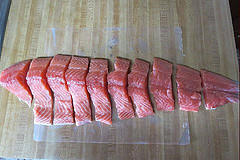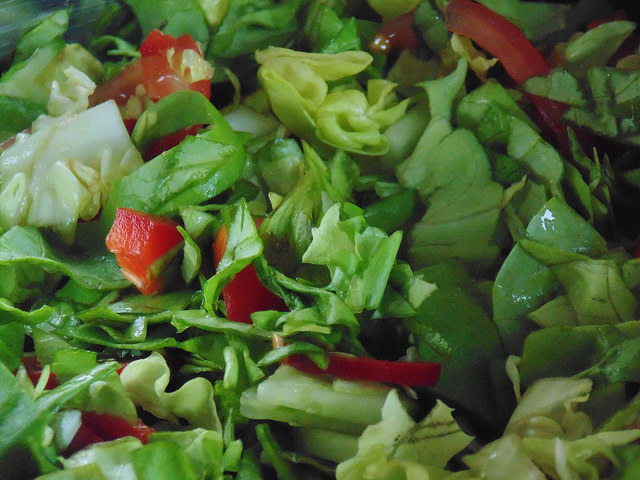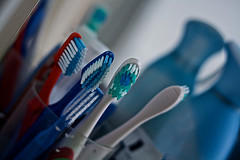Teenagers may seem like they don’t need your help with anything, but as a parent, you know that this simply isn’t true. When it comes to proper nutrition, your growing teen needs you more than ever. Here are a few smart tips to help ensure that your teenager is eating the right foods and maintaining a healthy lifestyle.
- Have regular meals together. Eating together doesn’t just bring you closer as a family, it also ensures that your son or daughter eats a well-balanced dinner every evening. Prepare meals with lots of whole grains, lean meats and fish, and fresh vegetables.
- Prepare more food. As your child becomes a teenager, his or her appetite will begin to increase dramatically. Keep teens energized by serving larger portions at mealtime and keeping lots of healthy snacks on hand.
- Limit saturated fats and sugars. Even if your teen loves to snack on potato chips and chocolate candies, these things can contribute to certain diseases later in life. Try to limit the foods that contain saturated fats, sugars, and sodium in your household.
- Increase calcium intake. Because teenagers typically go through growth spurts, they require much more calcium than children and adults. Serve low fat milks, yogurt, or even calcium supplements. Ask your child's doctor for advice.
Nutrition for Children and Teens [HelpGuide.org]
A Teenager’s Nutritional Needs [HealthyChildren.org]
Do Teens Have Different Nutritional Needs Than Adults? [SF Gate]



 Equal Housing Opportunity
Equal Housing Opportunity